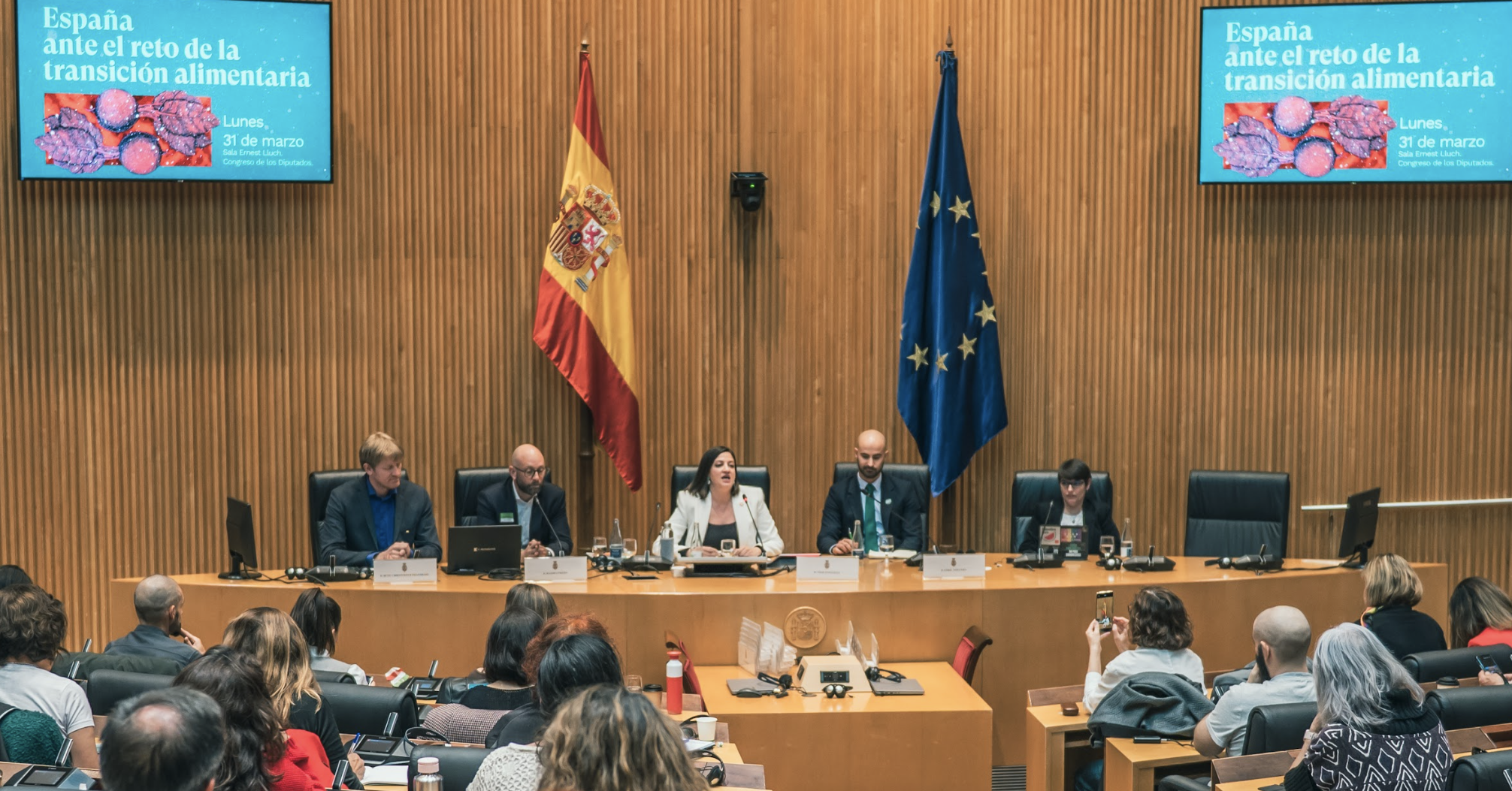Sinergia Animal is committed to creating a diverse and inclusive environment and strongly encourages people from minoritized groups to apply. We strive to make our organization a place where everyone feels valued, respected, and empowered to contribute their unique perspectives and talents. Together, we can work towards a more compassionate world for all beings.
Terms of employment: full time (40 hours per week)
Reports to: Engagement and Campaigns Director - International
Position location: Chile, Peru, or Ecuador
Language requirement: Fluent English and Spanish
About Sinergia Animal
Rated as one of the world's most effective animal protection organizations by Animal Charity Evaluators, Sinergia Animal is an international campaigning organization working in countries in the Global South (specifically Latin America and Southeast Asia) to reduce animal suffering and promote more compassionate food choices.
We use negotiations, investigations, peaceful direct actions, and innovative campaigning methods to expose the suffering of farmed animals and to help build a world in which no animals are exploited for food.
About the position
The goal of this position is to pressure major food corporations to adopt and implement policies to phase out the use of animal products that originate from the worst forms of animal production systems, with a focus on intensive confinement practices. Our current ask in Latin America is for companies to stop using or buying eggs from hens confined in cages. The Campaigns Manager will be the main person coordinating activists and leading campaigns that target local and regional companies and ask them to improve their policies. They will also help our communications team with content for the local website, blog, and social media and with translations from English to Spanish.
Responsibilities
- Research and build a database of food companies’ profiles and key contacts.
- Establish permanent contact with key corporate contacts via email, phone calls, and in-person meetings, with the goal of persuading companies to adopt cage-free egg policies in their supply chains.
- Travel regionally, as necessary, to meet contacts.
- Represent Sinergia Animal and its campaigns at public events and within the NGO and animal protection communities at large.
- Work with Sinergia Animal’s international team in translating and developing campaigns and social media materials, writing and/or translating press releases and planning media strategies, acting as a media spokesperson for campaigns, and developing proactive relationships with our PR agency and with the media, as well as help with any other communication materials when necessary.
- Build alliances with other international and/or grassroots NGOs.
- Carry out other activities assigned by the supervisor, director, and/or president and follow all procedures set by Sinergia Animal.
Requirements
Desired Skills and Experience:
- Latin American citizen currently living in Chile, Peru, or Ecuador (it’s preferable if you live in the capital; however, people who are able and willing to travel to the capital are welcome to apply).
- Excellent oral communication, writing, and proofreading skills.
- Excellent research skills.
- Proven ability to work both independently and in close coordination with a remote team.
- Must be able to work to deadlines and manage multiple projects.
- Strong time-management skills.
- Commitment to the mission and objectives of the organization.
- Commitment to non-violent direct actions.
- Affinity for animal rights issues and a vegan lifestyle is highly desirable.
- Previous experience in business, communications, or campaigning with the media or NGOs is desirable.
Enthusiasm, creativity, and proactivity are very important to us. Even if you don’t meet all of these requirements, if you’re very excited about this role, then we want to hear from you.
Sinergia Animal has an Internal Development Program that can support you in developing skills needed, including language.


